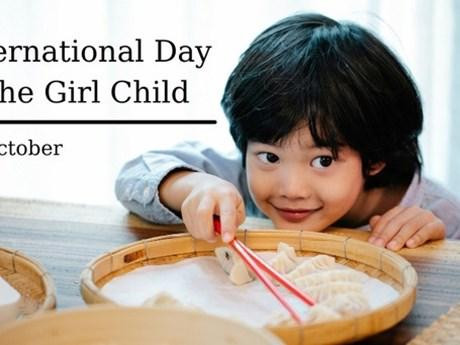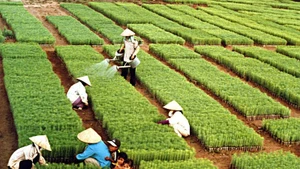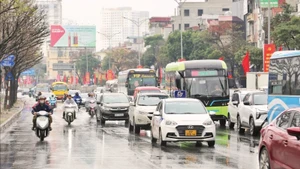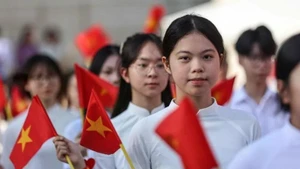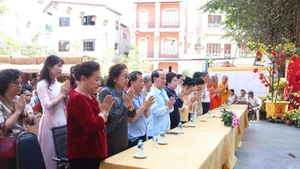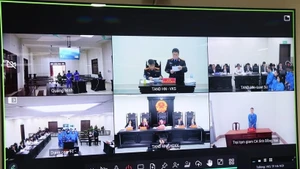In mid-September, the General Office for Population and Family Planning under the Ministry of Health issued a dispatch guiding communications activities on the day. Accordingly, this year, the day in Vietnam will be themed “promoting gender equality contributes to reducing sex imbalance at birth”.
Communications activities have focused on popularising the policy and laws of the Party and State regarding gender equality and the protection of children such as the Law on Gender Equality, the Law on Domestic Violence Prevention and Control, and the Law on Marriage and Family, aiming to enhance public awareness of the improvement of role and position of girl child and women in general, especially in families with all children being girls.
At the same time, legal regulations banning sex selection by parents and relevant punishments have also been popularised, along with the real situation, reasons and consequences of sex imbalance at birth, thus improving the public awareness and changing outdated perceptions on gender equality.
On December 19, 2011, United Nations General Assembly adopted Resolution 66/170 to declare October 11 as the International Day of the Girl Child, to recognise girls’ rights and the unique challenges girls face around the world.
The International Day of the Girl Child focuses attention on the need to address the challenges girls face and to promote girls’ empowerment and the fulfilment of their human rights.
According to the Sustainable Development Goals Report 2021, up to 10 million girls will be at risk of child marriage. The profound effects of the COVID-19 pandemic are putting girls at a higher risk of early marriage due to a combination of economic shocks, school closures and interruptions in reproductive health services.
Girls are primarily victims of sexual exploitation (72% of detected girl victims), while boys are mainly subjected to forced labour (66% of detected boy victims), it said.
